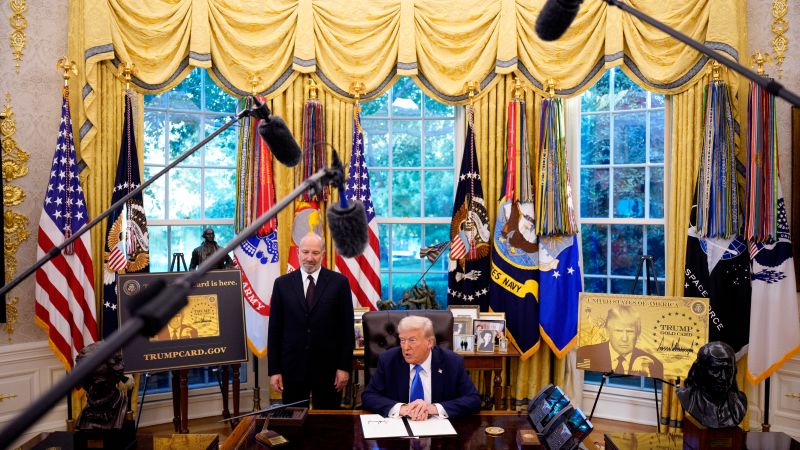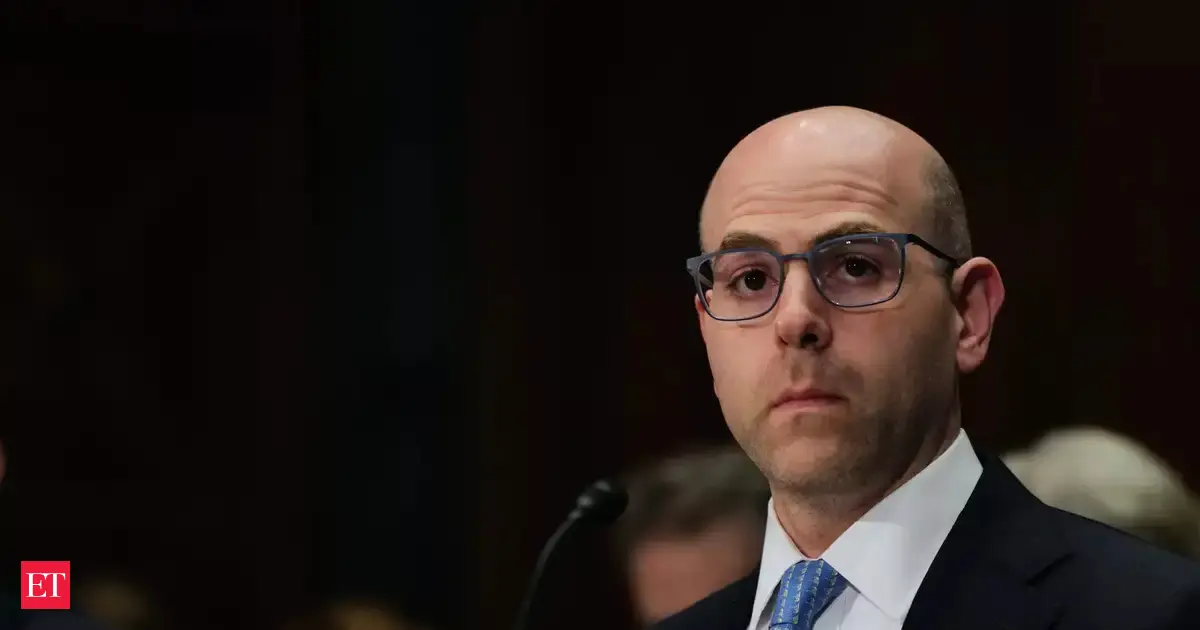By Christian May
Copyright cityam

We were told this would be the most pro-business government in the history of the country – so why have a gang of top chief executives this week fired warning shots at the Treasury – and why has one of them warned that we’re heading into a recession?
It wasn’t supposed to be like this. Rachel Reeves and Keir Starmer charmed business leaders in the run up to the election, reassured them and got them onside. The grown ups were back in charge, the chaos would be over, the entire country and the economy would – inevitably – benefit from a stability dividend.
Some of us were sceptical, and we won’t rake over history and the confidence-destroying missteps of Labour’s first Budget, but it’s fair to say that the promised land of milk and honey for UK PLC has not materialised.
Despite some good decisions – recognised in City AM – in areas such as infrastructure and AI – solid, future-focused projects, the here and now is pretty bleak.
The boss of billion-pound FTSE listed retail giant AO World said yesterday that things are so bad he feels the UK is heading into recession.
John Roberts cited the impact of persistent inflation and the consequences of higher business costs from taxation and regulation. He said business leaders he speaks to – and we can assume there are a fair few – are all focused on taking out costs from their companies. That means people.
He also said: “What I really object to is the narrative that you can just keep taxing wealthy people and wasting the money.”
That’s refreshingly frank – and it echoes the views of his fellow retailer Simon Wolfson, boss of Next, who has spoken out over what he sees as “declining job opportunities, new regulation that erodes competitiveness, government spending commitments that are beyond its means, and a rising tax burden that undermines national productivity.”
Top bosses are speaking out
Yesterday, our City Editor, Simon Hunt, interviewed the boss of BT, Allison Kirby, who said that her business was at “peak government inflicted costs.”
She said: “We pay in business rates, energy levies and other costs associated with regulation and compliance ten times the amount our peers pay in countries like Germany and the Netherlands” and that investors “need certainty that they’re going to get a return on that investment and they get that certainty through stability on regulatory and fiscal policy.”
These interventions follow a barrage of warnings from pharmaceutical companies, several of whom have pulled major investment decisions as they retreat from the UK citing high costs and painful regulations.
It’s good to hear from these business leaders, they know of what they speak.
But spare a thought for the many, many businesses feeling these pressures, dealing with these issues, the issue of “government inflicted costs” but whose founders and bosses don’t have a platform from which to shout.
All across the country small and medium sized businesses are suffering from high tax, weak confidence, a national nervousness.
This week the latest data told the story. The Purchasing Managers Index – the measure of business activity and expectations – slumped to a three month low.
The chief economist at the company that collects the data, Chris Williamson, said “alarm bells are ringing” – citing “a litany of worrying news including weakening growth, slumping overseas trade, worsening business confidence and further steep job losses”.
Recession threat?
He said the data for the three months to September was consistent with around 50,000 job losses.
So, what of that recession warning? Is it a fair call? Well, it was a big call. I haven’t heard anyone else deploy the R word; most people talk of muddling on, and the economy is growing, albeit at a barely perceptible pace.
Stagnation is the word we hear more, an equally ugly phrase that could refer to much more than just our economy.
The next test will of course be the Budget at the end of November. If we give Reeves the benefit of the doubt and assume she has a fair wind, she’ll need to raise around £15bn of additional tax revenue. It could be much, much more – and that really will be money sucked out of the productive part of the economy to fund the unproductive part.
It will not be consequence free, whether she looks to businesses or savers or investors to find that money, it will come with a high price and it certainly won’t spur the economy into growth.
So it’s too early to talk of recession, God willing we’ll avoid it, but the fact that we’re talking about it is in itself telling, and alarming.



